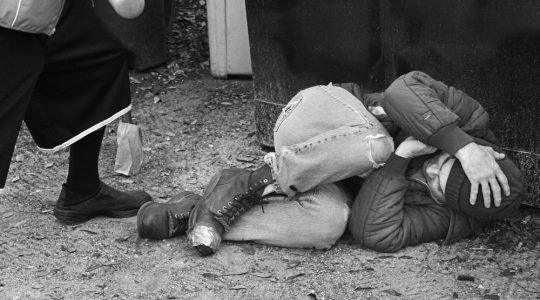
Texas Hate Crime Laws
- December 7, 2016
- The Law Office of Greg Tsioros
- Comments Off on Texas Hate Crime Laws
Hate Crime Laws in Texas
Although all legal violations are taken very seriously in Texas, some criminal actions are considered especially heinous. When a person becomes the victim of a crime due to their race, ethnic background or religious affiliation, hate crime charges may be applied.
Hate crime laws exist to apply severe penalties to actions which victimize people who belong to a minority group. Because prejudice and racial hatred often victimize people who belong to these groups, the law takes a firm stand against people who target minorities. A crime against a member of one of these groups may be subject to increased legal penalties if it is determined that the crime occurred as the result of prejudice or targeted mistreatment.
Hate Crimes vs. Ordinary Crimes
In most cases, a criminal action occurs when one person violates the public order or endangers the safety of another person. For example, if one person punches another person in the face, a criminal charge of assault may be applied. However, if the victim of a crime belongs to a minority group, an ordinary criminal charge may be upgraded to hate crime.
A hate crime is an illegal action which not only victimizes another person, but also violates the civil rights of the victim. Although all people are legally protected from criminal behavior, both state and federal law afford certain protections to people to ensure that their rights to life and liberty are not violated.
Consider the following legal example:
John is walking down the street and gets into an altercation with Marcus. The fight starts because Marcus accidentally bumps into John. John beats Marcus up and flees the scene. In this case, John may be charged with aggravated assault because he severely injured Marcus with a physical beating.
However, if John beats up Marcus while using racial epithets, he may be charged with hate crime. This is because those racially charged statements may indicate that John had some sort of racial prejudice that motivated or inspired the physical attack. While it is true that an illegal physical altercation has occurred in either case, an attack that is based on racial hatred or prejudice may be considered a hate crime because it targets a member of a minority group and infringes that person’s civil rights.
Proving Hate Crime Charges
A hate crime is an illegal action which is motivated by reasons of race, sexuality, religious affiliation or ethnic background. In order to prove that someone has committed a hate crime, a prosecutor must prove in court that the accused acted on these reasons.
This can be difficult to do because crimes can occur in a variety of circumstances. For example, an incident of violence which occurs between a white person and an African-American person may be motivated by a simple altercation and race may not play a factor in the incident.
However, in such an incident, race may be considered as an aggravating factor. In such a case, the prosecution will have to prove that some sort of discrimination, prejudice or hatred existed which motivated the crime.
In a hate crime case, the background of the defendant may be called into question and used as evidence in court. This is because the prosecution may be trying to point out a history of prejudice in the life of the defendant. It may not always be easy to indicate prejudice involved in one particular crime so the prosecution may have to use other circumstances to build their case.
For example, if a person commits a crime against a member of a minority group, the prosecution may use the defendant’s history of Internet posts, emails or writing to illustrate their hatred or disdain for minority groups. All of these factors can help to point out a history of prejudice which played a part in a particular criminal incident.
Legal Defenses
When a person is charged with a hate crime, the first step should be to hire a lawyer. A criminal defense attorney can help them to build their case to defend hate crime charges in court.
The primary defense strategy for a person accused of a hate crime is to display that their actions were not motivated by prejudice or racial hatred. A lawyer can argue this point by showing that the person has no history of racism or prejudicial actions. An attorney may also choose to argue that the particular incident occurred as the result of other factors which had nothing to do with prejudice.
For example, in an altercation between a person belonging to racial majority and a person belonging to an ethnic minority, a lawyer might argue that the altercation occurred because of a simple dispute, and had nothing to do with racial prejudice.
If this legal strategy is successful, the defendant’s charges might be reduced and hate crime charges can be avoided, which can lead to a reduced sentence.

